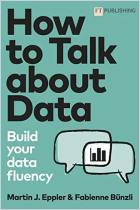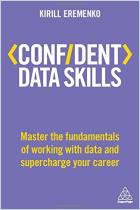Rejoignez getAbstract pour lire le résumé !

Rejoignez getAbstract pour lire le résumé !
Evan Stubbs
The Value of Business Analytics
Identifying the Path to Profitability
Wiley, 2011
Aperçu
The field of business analytics is critical to creating a profitable and productive organization – and you can figure it out.
Recommendation
What is business analytics, and why should you care? Chances are – if you don’t work in the field – it’s mostly a mystery to you. In this readable introduction to the discipline, analytics consultant Evan Stubbs answers these questions and prepares analysts and their corporate colleagues to speak a common language as they pursue profitability and productivity. Filled with diagrams and definitions to explain the terms and concepts behind business analytics, this book would be equally useful in an introductory business analytics course or in a professional development program. getAbstract recommends it to business analysts who want to demonstrate the value of their work to their organizations and to nonanalysts who want to know more about what is going on with all of those spreadsheets, mathematical models and “datamarts.”
Summary
About the Author
Evan Stubbs works as regional product manager for analytics at SAS Australia/New Zealand. He has consulted with major organizations on the value and use of analytics in different industries.

















Comment on this summary